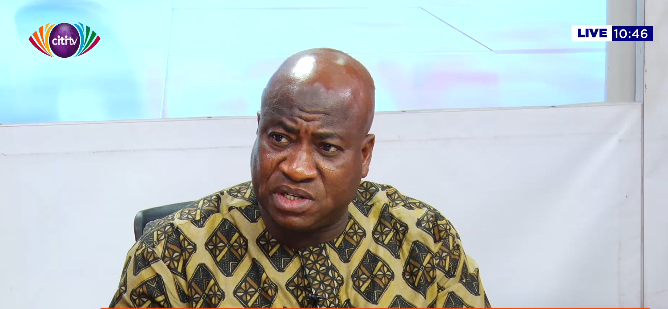Ibrahim Murtala Mohammed, a Member of Parliament from Tamale Central, has raised significant concerns regarding the financial burdens associated with emergency parliamentary sittings in Ghana. He points out that each session incurs costs of at least GH¢1 million, which he believes is an excessive expense for a single gathering. His criticisms followed Speaker Alban Bagbin’s announcement to indefinitely adjourn Parliament on November 7, after an emergency meeting was convened at the request of the New Patriotic Party (NPP) caucus. This meeting, however, was poorly attended, with no NPP members present—illustrating what Mohammed calls a serious disregard for parliamentary duties and a waste of taxpayer money.
The adjournment of Parliament was particularly frustrating to Mohammed as it highlighted the apparent lack of seriousness from the NPP caucus. Instead of responsible governing, the absence of its members resulted in complaints surrounding the inefficient use of state resources and time. The decision to call an emergency sitting initially created the expectation of urgent business, but the non-attendance raised significant questions about the sincerity and commitment of those who requested the meeting. Mohammed’s frustration stems not just from the financial implications but also the disruption to the schedules of all MPs, suggesting that such practices may devalue the legislative process.
In his response to the media, Mohammed voiced disappointment at how the day’s activities unfolded, emphasizing the need for careful consideration of resource management in Parliament. He showcased the tangible impacts made by emergency sessions that are not followed through responsibly, which not only strains state finances but also displaces members from conducting their duties in their constituencies. For instance, Mohammed mentioned his own experience of cutting short important work on his rice farm to attend the parliamentary sitting, showcasing how legislative timelines can negatively impact the personal and professional lives of MPs.
The situation has wider implications beyond just the immediate financial costs. Mohammed’s comments suggest a call for more prudent management of time and resources within the parliamentary framework. He highlights the necessity for MPs to engage in responsible governance that reflects the needs of their constituents while also being cautious with taxpayer funds. The need for accountability and careful planning in parliamentary actions, especially calling emergency sessions, is crucial to enhance the effectiveness of legislative processes in Ghana.
Moreover, Murtala Mohammed’s intervention raises awareness about the responsibilities of elected officials to ensure that their actions convey respect toward the nation’s finances and the electorate’s trust. It signifies a broader insensitivity when parliamentary actions do not align with the urgency they might profess, especially if they lead to financial waste. His emphasis on a collective responsibility to reassess the implications of parliament sittings targets the need for more continuous dialogue about governance practices that champion both efficiency and accountability.
Ultimately, the exchange reveals the tension between legislative duties and the socioeconomic realities faced by parliamentarians and their constituents. Mohammed’s outspoken views on this subject reflect a growing urgency for Ghana’s Parliament to prioritize not only effective governance but also a transparent approach to its own operations. In light of these issues, a more strategic approach to parliamentary attendance, fiscal responsibility, and respect for the time of elected officials is essential for sustaining the well-being of Ghana’s democracy and its legislative efficiency.














